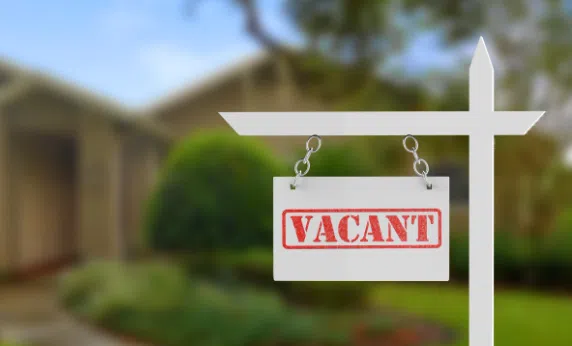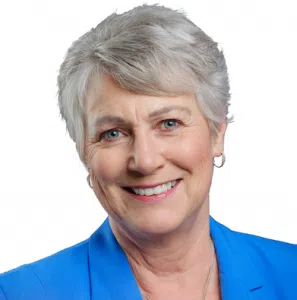
BC’s Finance Minister insists there is rationale for their new plan to expand the speculation tax to Kamloops.
Katrine Conroy says provincial government analysis shows that 4.1 percent of all the homes in Kamloops — or roughly 11-hundred units — would be rung-up under their planned expansion.
“People want to live there. We know families want to move there,” Conroy told NL Newsday on Friday. “But they want to have affordable housing. It is a problem. So we want to make sure we’re helping communities get the housing they need. The speculation tax is working.”
The speculation tax — to be implemented in Kamloops starting in 2025 — will require those who don’t occupy a home for more than 6 months a year to pay a 0.5 percent tax on the assessed value of that home if they’re a BC resident.
That fee goes up to 1 percent for non-BC resident Canadian owners, and 2 percent for homes owned by foreign nationals.
Conroy says there is a reason they’re not bringing in the changes until 2025.

Finance Minister Katrine Conroy/via BC government caucus
“What are they going to do? Are they going to rent their home out,” said Conroy. “They’ll have a year now to decide if they want to rent their home out for a period of a minimum of 6 months. It can be a month at a time. It doesn’t have to be consecutive.”
Kamloops is one of 13 communities the BC government chose this month for the expansion of the speculation tax.
Conroy says while resort communities like Sun Peaks and Whistler are not going to be subject to the vacancy tax for the moment, she does suggest her government might not be done expanding the program.
“I’ve asked my Ministry…the people that are working on this, to look at — can we expand province-wide? Can we look at expanding to regional districts and to those smaller communities that have actually asked for it?” said Conroy.
Since the speculation tax was first launched in BC in 2018, the BC government has generated some 313 million dollars in revenues from it, which Conroy insists goes back into housing programs for the communities to which the taxes are drawn from.















